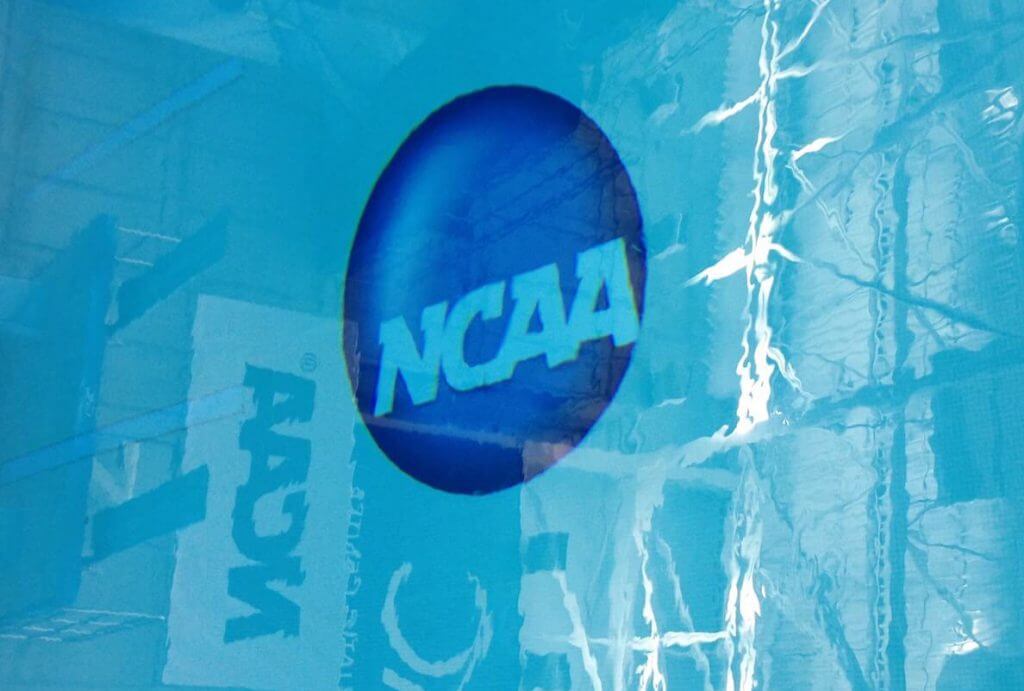NCAA Reveals Process for Transgender Athlete Championship Eligibility

NCAA Reveals Process for Transgender Athlete Championship Eligibility
The NCAA announced last week that transgender athlete eligibility for its championships, beginning with the winter of 2022, would be determined following sport-specific guidelines. However, the NCAA did mandate that transgender female athletes would be required to submit to testing to determine testosterone levels in advance of each sport’s NCAA Championship event, and on Friday, the organization revealed some additional details about pre-competition requirements.
Under Phase One of the new NCAA transgender participation policy, the following three boxes must be checked on the athlete’s behalf.
- Transgender Student-Athlete Eligibility Reporting Form (PDF).
- Medical Professional Hormone Suppression Confirmation Form (PDF), to be completed/signed by the treating professional confirming completion of at least one calendar year of hormone suppression (consistent with the 2010 NCAA Transgender Student-Athlete Participation Policy).
- Laboratory results confirming that, as of a date that is not more than four weeks (28 days) prior to the first championship selection date in the applicable sport, the student-athlete’s total serum testosterone level is within the allowable levels for the sport in which the student-athlete intends to compete.
Regarding the required testing for testosterone levels, those are to be determined following sport-specific guidelines. USA Swimming issued a statement last week that the organization was working with FINA to develop sport-specific guidelines, but those have yet to be unveiled. The women’s NCAA Championships begin in Atlanta on Wednesday, March 16, so any transgender female athlete hoping to compete (including Lia Thomas) would be required to have the testosterone test completed on February 16 or later.
The NCAA has also released a “2022 Transgender Student-Athlete Participation Policy webpage” that provides specific requirements at the various stages of the policy’s implementation, with Phase One representing the remainder of the 2021-22 school year, Phase Two covering the 2022-23 year and Phase Three beginning in the fall of 2023.




Testosterone suppression doesn’t make you a woman. Nor does it compensate for physiological advantages of post-puberty male swimmers. Why must female athletes be disadvantaged in sports?
Exactly. I have a sneaking suspicion Lia Thompson will easily be able to get around these “restrictions”.
So in future Olympic Games, those on the podium will be men, and men who’ve been suppressing testosterone for a year or so.
Is there something I’m missing that would obviate that happening? I can think of a few countries that are probably already planning for it.
Freeze your sperm, get on hormones, win medals, reverse process.
NCAA are spineless woman haters apparently.